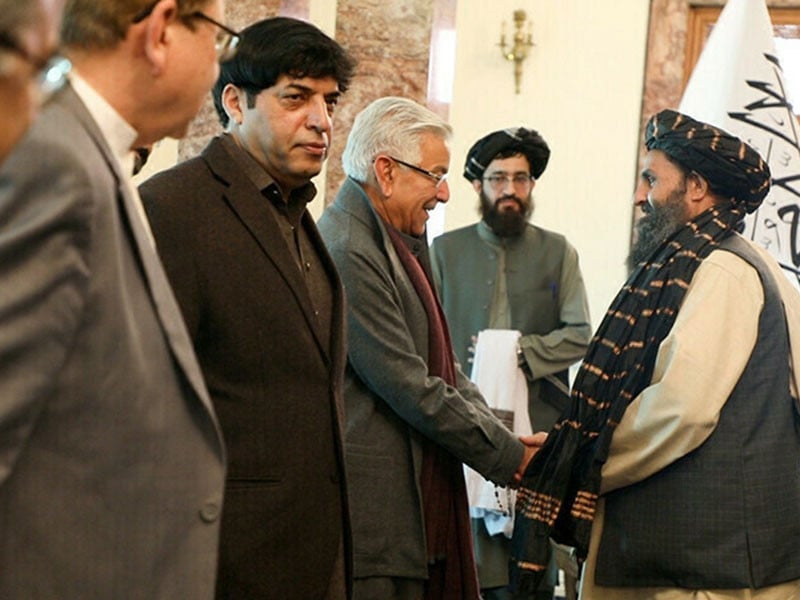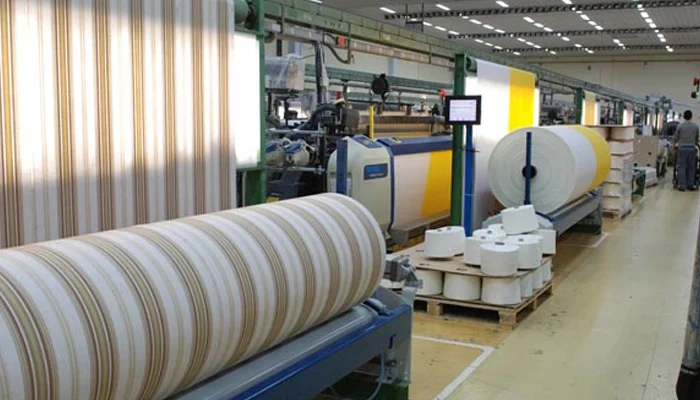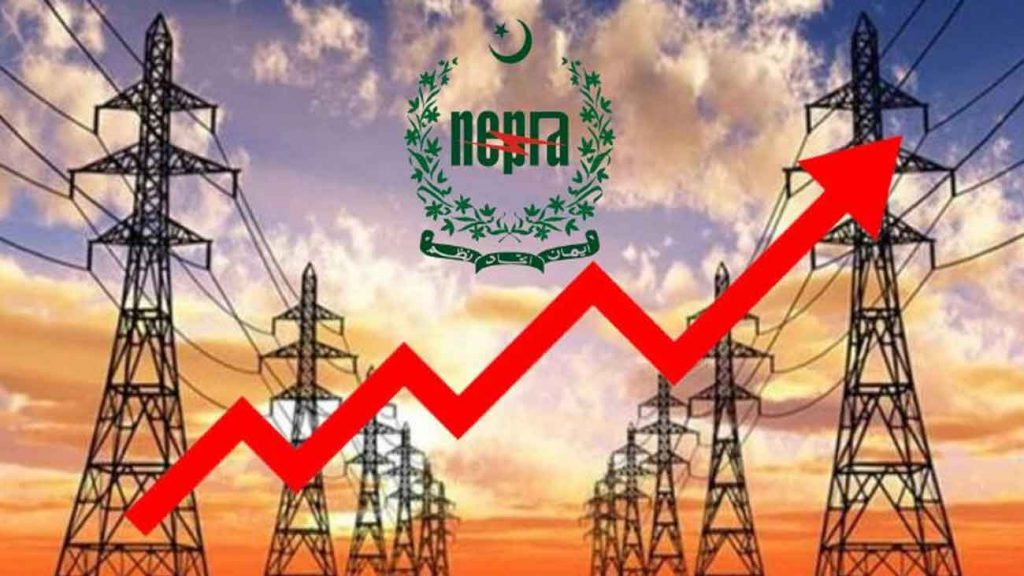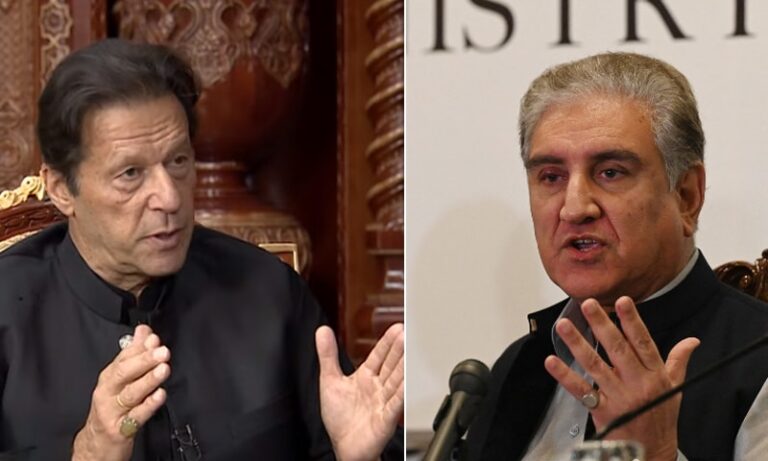EDITORIAL
The state must develop tangible and functional public institutions. The foundation of a state is consequential institutions of the legislature, executive, and judiciary. The institutions must be equitable, transparent, and accessible. Due to the peculiar constitutional history of Pakistan, there exists a monopoly on the state’s definition. Some individuals and institutions related themselves to the organs of the state. Hence, all these definitions are de-facto, lacking the competence of de-jure connotation. https://republicpolicy.com/article-5-of-the-constitution-is-loyalty-to-the-state-and-obedience-to-the-constitution-and-law-possible-in-pakistan/
Article 7 of the Constitution of Pakistan only defines the state of Pakistan. The article is as follows;
Definition of the State
In this part, unless the context otherwise requires, “the State” means the Federal Government, [Majlis-e-Shoora (Parliament)], a Provincial Government, a Provincial Assembly, and such local or other authorities in Pakistan as are by law empowered to impose any tax or cess.
The plain explanation of the article defines the state of Pakistan. It includes the federal government and Parliament, the provincial government and the provincial assembly and all such authorities empowered to impose tax or cess. Hence, this is the state of Pakistan. Therefore, the state’s definition must remain encompassed in article 7 of the Constitution of Pakistan.
What is a state? The state is a political organization of society, the body politic, or, more narrowly, the institutions of government. The state is a form of human association distinguished from other social groups by its purpose, the establishment of order and security; its methods, the laws and their enforcement; its territory, the area of jurisdiction or geographic boundaries; and finally, by its sovereignty. The state consists, most broadly, of the agreement of the individuals on the means whereby the general will of the people translates through laws enforceable by the organizations of the state. In countries like the United States, Australia and Pakistan, the term state (or a cognate) also refers to political units that are not sovereign but subject to the authority of the more significant state or federal union. Then, there are unitary states where power remains with the centre, unlike a federation.
Article 1 of the Constitution declares the state of Pakistan as a federal republic. Article 2-A defines sovereignty belongs to Allah and a delegated trust upon the people of Pakitan. The people shall exercise their religious faith by choosing their representatives. Then, they will govern all the organizations of the state on behalf of the people. The state of Pakistan is a federal government established by the Constitution of Pakistan as a constituted governing authority of the four provinces, two autonomous territories, and one federal territory of a parliamentary democratic republic constitutionally called the Islamic Republic of Pakistan.
Effecting the Westminster system for governing the state, the government is mainly composed of the executive, legislative, and judicial branches, in which the Constitution vests all powers in the Parliament, the Prime Minister and the Supreme Court. The management and duties of these branches are further defined by acts and amendments of the Parliament, including the creation of executive institutions, departments and courts inferior to the Supreme Court. By constitutional powers, the President promulgates ordinances and passes bills.
The President acts as the ceremonial figurehead, while the people-elected Prime Minister acts as the Chief Executive (of the executive branch) and is responsible for running the federal government. There is a bicameral Parliament with the National Assembly as a Lower house and the Senate as an upper house. The judicial branch systematically contains an apex Supreme Court, Federal Shariat Court, High courts of five provinces, district, anti-terrorism, and the green courts, all inferior to the Supreme Court.
Provincial governments are a significant part of the federation of Pakistan. They are provincial legislatures representing the people’s will according to schedule IV of the constitution. The schedule bifurcates the power between the federation and provinces. The province is a federal entity, and the constitution of Pakistan ensures provincial autonomy to the provinces. Chief Ministers are the elected chief executive of the province, and the cabinet exercises the province’s powers. All provincial organizations are part and parcel of the federation of Pakistan.
According to the article, it is the paramount obligation and power of the state to impose taxes, levies and cess. It suggests that no other organization in the state has the constitutional prerogative or authority to impose tariffs. The article explicitly empowers the state of Pakistan the power to levy and collect taxes. It is incumbent upon the state to impose the tax and provide the fundamental amenities of civic life. The political contract between the state and the people is bicameral, and the imposition of tariffs is subject to the welfare of the people of Pakistan. Consequently, the state of Pakistan has established federal and provincial tax-collecting organizations according to the distribution of tax powers to collect taxes and distribute the income among the federation units.
Hence, the article concludes the structure and substance of the state of Pakistan. Pakistan is a federal republic; therefore, the federal and provincial governments form the state of Pakistan. Then, the government has the legislature, executive and judiciary organs. Therefore, all institutions deriving from the life force of these organs are organizations of the state. Consequently, the state has the constitutional authority to impose through various tax-collecting entities to impose taxes and collect revenue. The article explicitly expresses the administration of tax collection.
Last but not least, there is a controversy around the definition of the state in the constitutional and political corridors. Many assume that certain military, administrative or judicial institutions are only the state. However, it is not the case according to the constitution of Pakistan. They may be a part of the state but not the state itself. The legislatures are the state primarily as they beget federal and political governments in Pakistan’s parliamentary form of governance. Then, the executive organs of the state impose and collect taxes; thus, they become part and parcel of the state. The judiciary is part of the government; therefore, they are part of the state, but the supremacy of legislatures is unchallengeable. The military is also an integral part of the state. However, their position is according to the constitutional role. They are part of the executive, and the executive is the government, whereas the legislature begets the organs of the judiciary and executive. Therefore, the state of Pakistan is the legislature, representing the people’s will.

















































